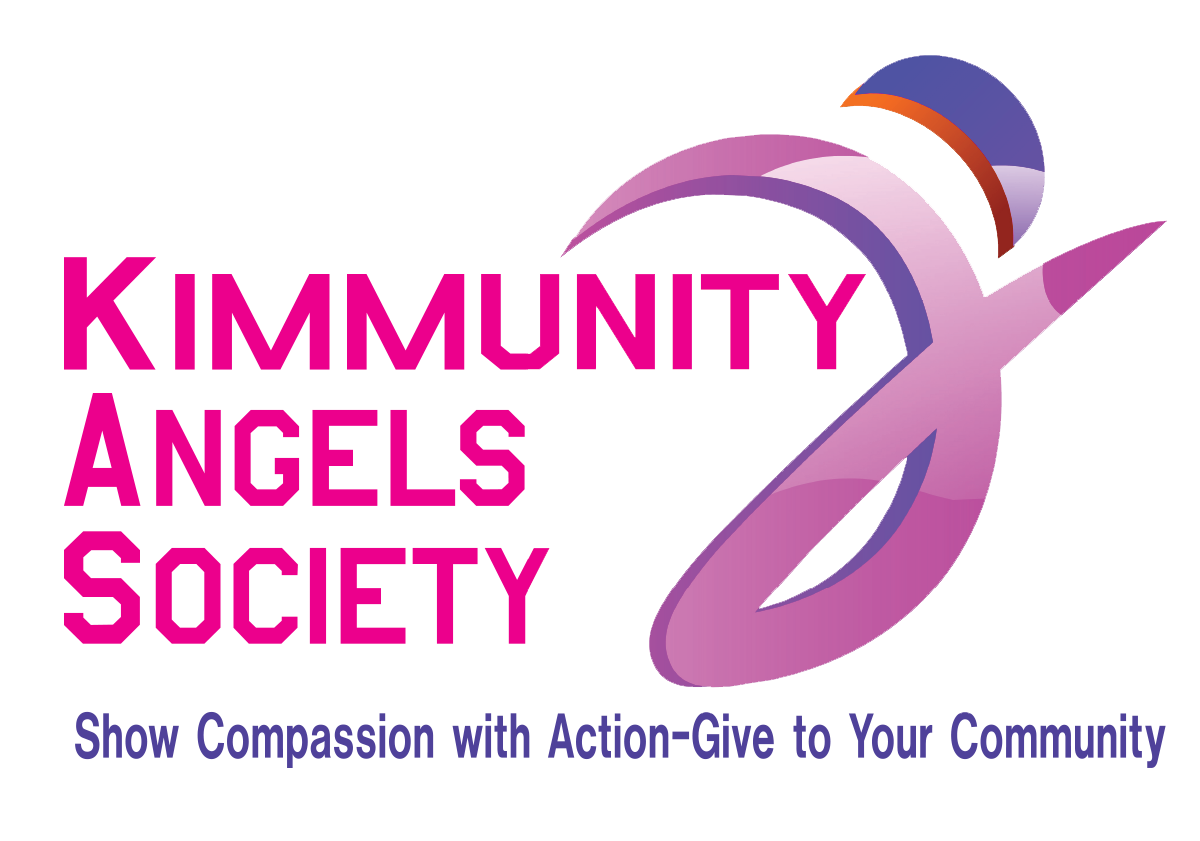CHARITABLE BEQUESTS
Once you secure the well-being of your family and friends, you may choose to include in your will a significant donation to one or many charitable organizations. If important changes occur in your life, you can always modify your will according to your situation.
A charitable bequest continues to be one of the simplest and most accessible means of planning a gift. Providing first for the well-being of one’s family and loved ones, you can also bequeath an amount or percentage of your assets to one or more charitable organizations of your choice. There are indeed many ways to do so:
- Specific bequest (a fixed amount or identifiable asset);
- Residual bequest (all or a percentage of the remainder of the estate after the payment of debts and specific bequests);
- Designating a charity as contingent beneficiary in the event of death of the primary beneficiary;
- Universal bequest (all of the assets, sometimes divided among many beneficiaries);
- Designating a charity as beneficiary of an RRSP, RRIF or life insurance policy;
- A simultaneous death clause whereby the charity inherits, should all the beneficiaries die at the same time.
In each case, a tax receipt will be issued for use in the final tax return. The fiscal advantages that follow from charitable bequests can dramatically reduce the taxes to be paid out by the estate.
You can donate a family residence to a charitable organization while continuing to use it until the end of your life. You will receive an income tax receipt of the commuted value of the asset at the time of the donation. At the time of death, the charitable organization will obtain the use of this residence. If real estate assets other than the primary residence are donated, 50% of the capital gain is taxable.
